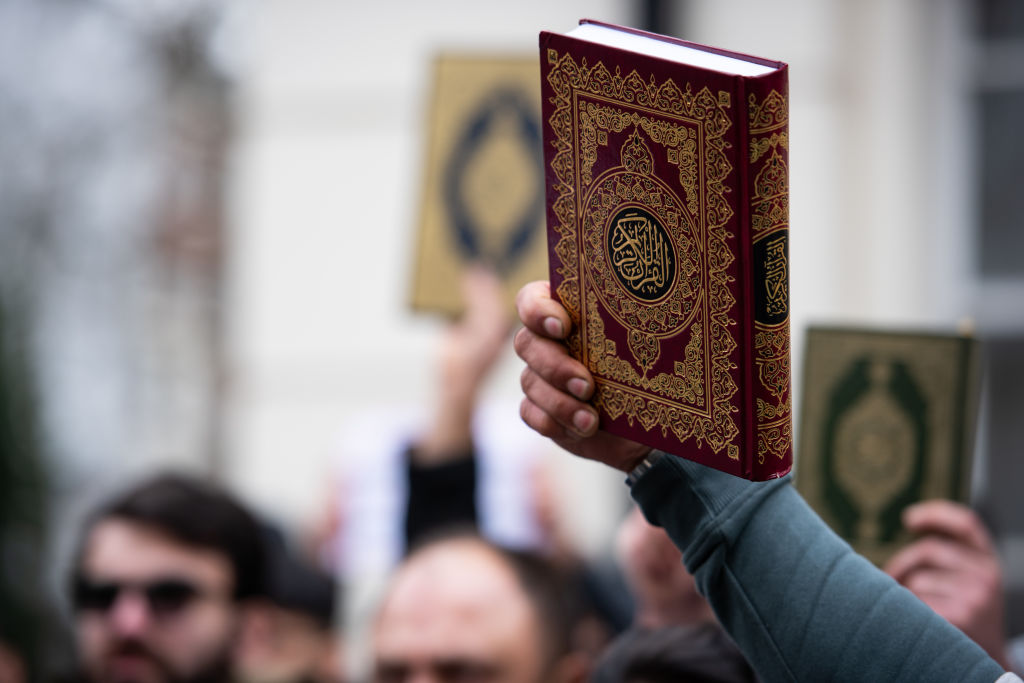Bristol has a new concert hall, and it’s rather good. The transformation of the old Colston Hall into the Bristol Beacon has been reported as if it was simply a matter of upgrading and renaming. There were probably sound reasons for doing so, but in fact (and despite protests from the Twentieth Century Society) the postwar auditorium has been demolished outright and replaced with a wholly new orchestral hall designed on the best current principles: shoebox-shaped, with much use of wood and textured brick.
Butterworth sears his melodies on to the eardrums. Isn’t it weird we still think of the Edwardians as inhibited?
Acoustically, it’s extremely fine – not a glamorous sound, but a remarkably transparent one. And while it seats 1,800 people (the individual seats are comfy and capacious), the scale remains human. Even with a capacity audience it feels lively rather than crowded: as if you’re part of something shared. That much was evident from a sold-out concert with the Hallé orchestra and Mark Elder, who are currently making a sort of national victory lap ahead of Elder’s farewell concerts with the orchestra later this summer.
But with a solo appearance from Stephen Hough to sweeten the deal, this was more than just a handy pretext to appraise the new hall. It was that too, and in a work as densely scored as Brahms’s First Piano Concerto it was noticeable how translucent the orchestra sounded, with the lower-middle of the texture benefitting particularly. Bassoons and horns stood out from the turmoil, plaintive and tender by turns, while both Hough and Elder resisted any temptation to play for obvious effects. Their reading was passionate without being melodramatic – serious, articulate music-making with a monumental sense of proportion and purpose.
Only in Hough’s tiny Schumann encore did we get to hear just how delicately it’s possible to play in this new space; and better still, to feel the miraculous sensation of oneness that comes when 1,800 people are sitting in absolute silence and simply listening. After the interval, Elder conducted Butterworth’s rhapsody A Shropshire Lad, beginning so quietly that you felt rather than heard the basses. He didn’t hold back at the opposite extreme, either: the huge, brass-torn crags that rear out of Butterworth’s rolling landscape, searing his melodies on to the eardrums. Isn’t it weird how we still think of the Edwardians as inhibited? Elder finished with Elgar’s Enigma Variations, and this time he dialled back the drama. A wise move: this most perfect (and most perfectly English) of orchestral character studies is a domestic epic made up of small delights and fleeting emotions, and while Elder knew exactly where he was going he’d clearly decided that there’s nothing to be gained by overcooking Elgar. It’s only right that the audience should laugh out loud (as it did here) at the door-slamming conclusion to the fourth variation, ‘W.M.B.’, or sigh in appreciation as ‘Dorabella’ gives one last giggle and is gone. There were a lot of smiles visible as the audience streamed out to mingle with the crowds for Hamilton, playing just around the corner.
Scottish Opera’s third and final full-scale production for the year was Verdi’s La traviata. Let that sink in for a moment: a national opera company with an entire season containing just three fully staged shows. Well, that’s where you end up when state funders are ideologically hostile to an entire art form. All current evidence suggests that the withered, subservient state of this excellent company (with its formidable touring programme) is very much what the arts councils south of the border have in mind for English and Welsh national operas, too.
None of that is Scottish Opera’s fault, and this Traviata – a revival of David McVicar’s gorgeous 2008 production, where the action plays out between black velvet drapes atop a gigantic representation of Violetta’s gravestone – is a class act. Ji-Min Park is the Alfredo you hope for but too rarely see: an impulsive, gauche young man whose frantic immersion in his impossible love story is desperately relatable. It’d be wrong to describe his partnership with Violetta (Hye-Youn Lee) as fire and ice. Lee is far too touching for that. But her singing never wavers in its eloquence and poise, whether she’s floating a phrase on silence, or making an ensemble light up. Both artists deserved (and received) a tempestuous ovation.
And yet this was unquestionably an ensemble achievement, with everything welling up from Stuart Stratford’s visceral conducting. No febrile Victorian death-wish here; the whole company was vigorously alive, and determined to stay that way. The big chorus scenes, in particular – lovingly observed and framed by McVicar, and brilliantly re-animated by the revival director Leo Castaldi – generated an energy that overflowed the stage and made it feel like we were all guests at Violetta’s soirée. Again: you could feel the buzz on the way out, which is no small achievement in the Glasgow drizzle.








Comments